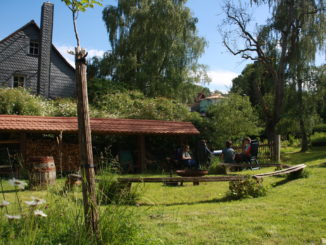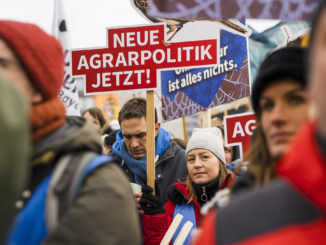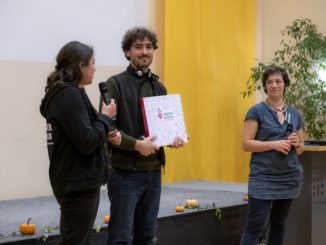
Marburg Food Dialogue – Putting more regional produce on the menu
How can restaurants serve more regional produce? A networking event at the Creativity and Social Innovation Hub Marburg (CIM) brought together local restaurant operators, suppliers, civil society actors and employees of the city and district to discuss this question. […]














